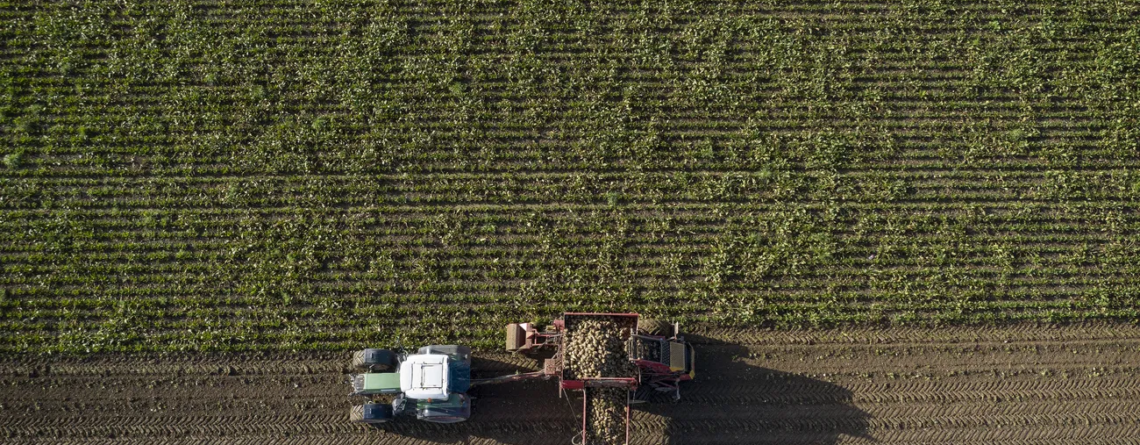Turkey. Fast aging population in agriculture threatens food security
The aging population in Türkiye’s agriculture is posing a risk to the country’s food security, Union of Turkish Agricultural Chambers (TZOB) President Şemsi Bayraktar has warned, calling for urgent action to lure the young population into the industry.
The average age of farmers rose to 59 last year with the average being 58 for men and 61 for women, Bayraktar said.
Some 35 percent of them are over 65 years old, and another 35 percent are between the ages of 50 and 64, according to Bayraktar.
Stating that 82 percent of farmers are men, while 18 percent are women, he warned that the average age of the population working in the agricultural sector has been increasing each year.
Bayraktar pointed out that those aged between 18 and 32 constitute only 5 percent of the farmers, saying that this clearly shows young people are rapidly distancing themselves from agriculture and rural life.
“If the right policies to encourage young people to engage in agricultural production are not implemented our country’s food supply security will face serious risks in the long run,” he warned.
The share of the agriculture sector in the country’s GDP was 5.6 percent in 2024, down from 6.2 percent in the previous year and 6.5 percent in 2022, according to data from the Turkish Statistical Institute (TÜİK).
The agriculture sector expanded by 3.9 percent last year, after registering poor growth rates of 0.2 percent in 2023 and 1.3 percent in 2022.
The rural population continues to decline due to limited economic, social, and educational opportunities, according to Bayraktar.
“There are villages where no children have been born for nearly 30 years, which remain completely empty in winter,” he said.
In 2024, the number of farmers aged between 18 and 24 decreased by 6 percent, while those aged between 33 and 49 declined by 4 percent, Bayraktar furthered.
Young people prefer to work for minimum wage in cities rather than engage in farming in their villages, he added.
“Urgent action is needed to reverse this trend. Policies must be developed to encourage young people to return to agriculture, farmers’ incomes should be increased, and their social security should be strengthened,” Bayraktar said.
He suggested that measures should be implemented to facilitate young people’s access to agricultural land, provide low-interest loans and grant support and establish special funds for agricultural entrepreneurship.
Read more @hurriyetdailynews











